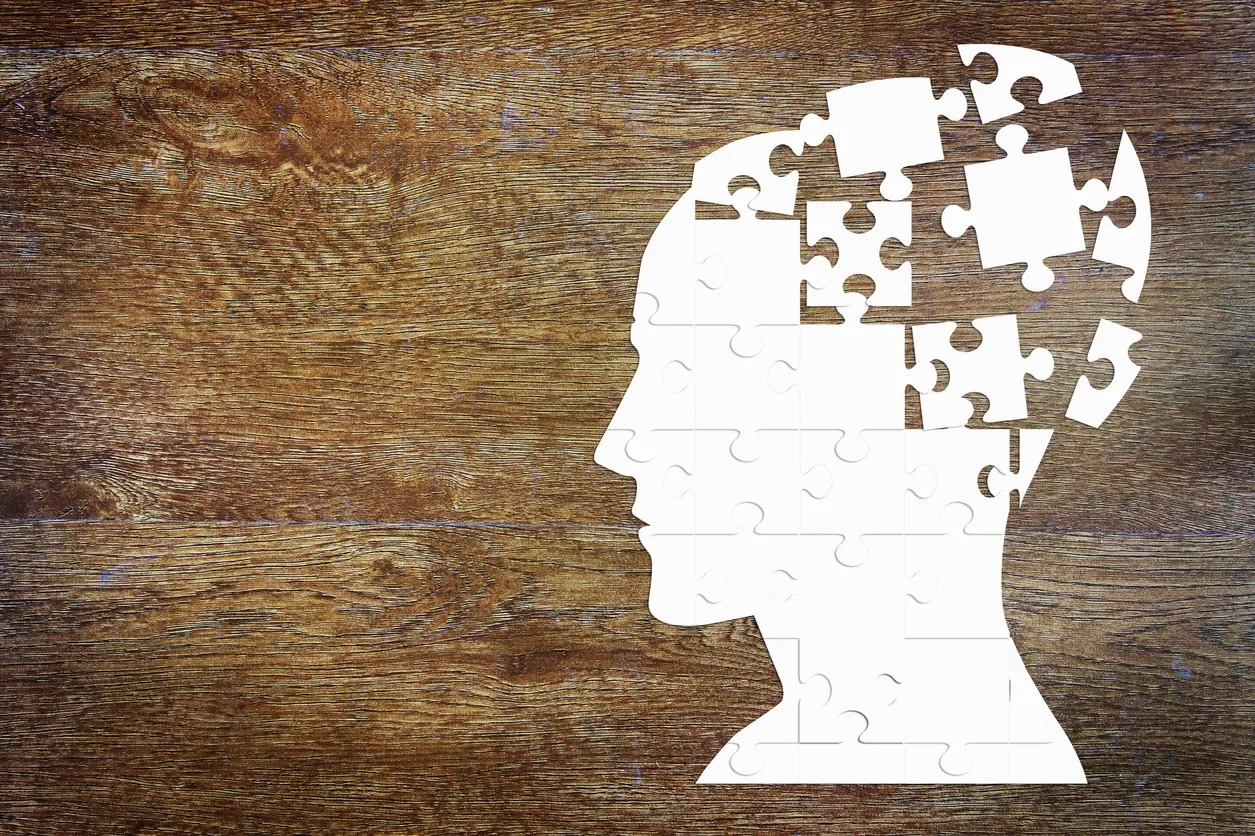What are concussion symptoms?

What are concussion symptoms? What is post-concussion syndrome?
Due to the extensive heterogeneity in the mechanisms, severity, and neuroanatomical locations of brain injuries, symptoms can vary significantly from person to person, as well as from day to day in the same person. (This basically means every head injury is different because every person is different, and symptoms can be unique because not everyone hits their head in the same place or in the same way).
As you probably already know, whatever symptoms you have, they may be mild on some days and debilitating on other days. What you might not know is that symptoms of mild TBI are similar to those of various other disorders. Therefore, after a head injury, many patients might be told by their healthcare providers that there is nothing seriously wrong with them (no kidding!).
In the first blog, I mentioned how unless your skull was fractured, or you had a brain bleed that you probably cannot get a picture or scan to show what’s really going on. Contributing to these benign diagnoses are the following facts: approximately 90% of people with mild TBI typically recover within one or two weeks, computed tomography (CT) scans usually yield normal results, and there is no loss of consciousness in up to 90% of cases (McCrory et al., 2013). However, at least 15% of people with mild TBI continue to seek treatment past three months’ post-injury due to persistent problems (Hofman et al., 2001; Signoretti, Vagnozzi, Tavazzi, & Lazzarino, 2010). If you are reading this post, you are probably one of those 15%. In future posts I will share with you my osteopathic clinical perspective as to why this population continue to have persistent symptoms and the osteopathic approach to treatment.
Some of the symptoms most readily associated with mild and moderate TBI include loss of consciousness, confusion, amnesia, headache, dizziness, and fatigue. These are just the typical ones, and not by any means exhaustive. If you have three or more symptoms that persist after TBI, that is where a diagnosis of post-concussion syndrome (PCS) is usually given. The World Health Organization defines PCS as “a syndrome that occurs following head trauma (usually sufficiently severe to result in loss of consciousness) and includes a number of disparate symptoms such as headache, dizziness, fatigue, irritability, difficulty in concentration and performing mental tasks, impairment of memory, insomnia, and reduced tolerance to stress, emotional excitement, or alcohol” (WHO, 2010).
It is important to respect the head injury. Persistent symptoms are telling you that something is compromised or having a difficulty healing process. Even if you are part of the 90% that recover relatively quickly, there can still be long term consequences of a traumatic brain injury, which I will post about.
References
McCrory, P., Meeusisse, W., Aubry, M., Cantu, B., Dvorak, J., Echemendia, R., . . . Turner, M. (2013). Consensus Statement on Concussion in Sport: the 4th International Conference on Concussion in Sport Held in Zurich, November, 2012. Br J Sports Med, 47, 250-258.
Hofman, P., Stapert, S., van Kroonenburgh, M., Jolles, J., de Kruijk, J., & Wilmink, J. (2001). MR Imaging, Single-photon Emission CT, and Neurocognitive Performance after Mild Traumatic Brain Injury. AJNR Am J Neuroradiol, 22, 441-449.
Signoretti, S., Vagnozzi, R., Tavazzi, B., & Lazzarino, G. (2010). Biochemical and Neurochemical Sequelae Following Mild Traumatic Brain Injury: Summary of Experimental Data and Clinical Implications. Neurosurg Focus, 29(5), E1.
WHO, & Organization”, W. H. (2010). International Statistical Classification of Diseases and Related Health Problems. Retrieved April 8, 2016